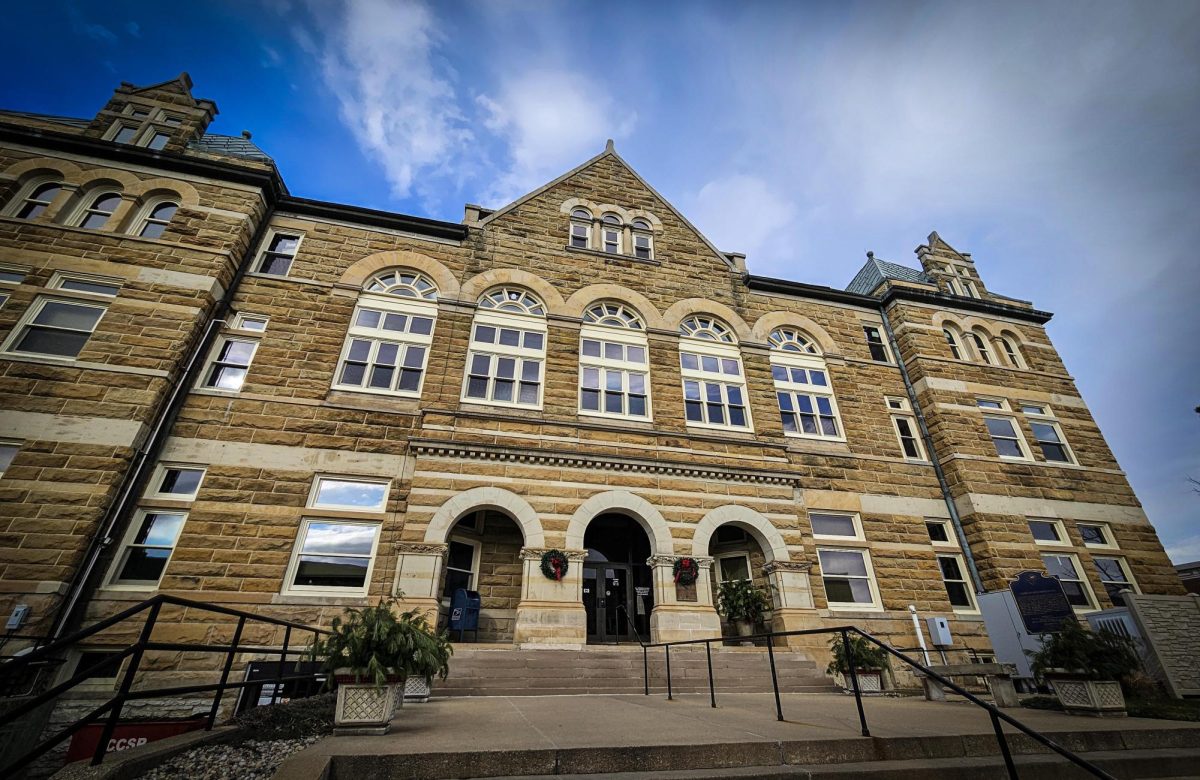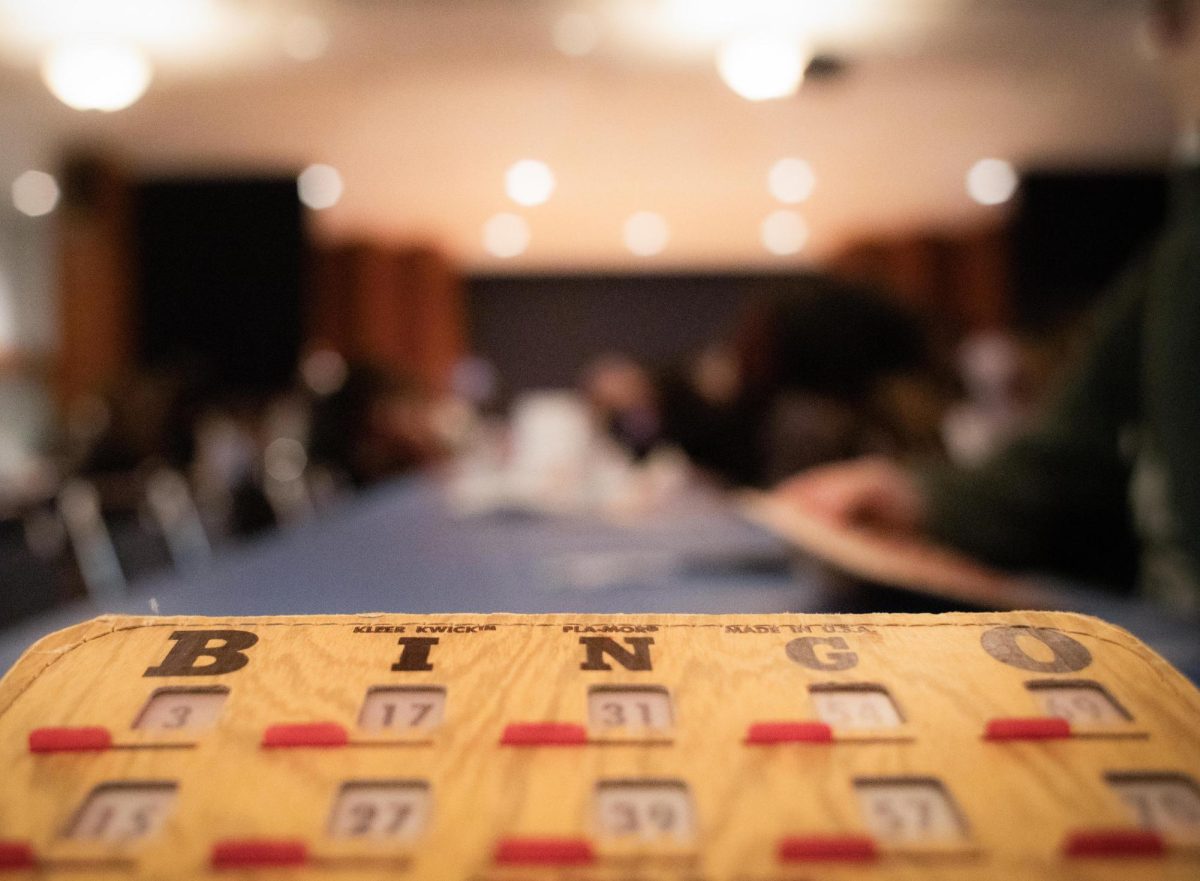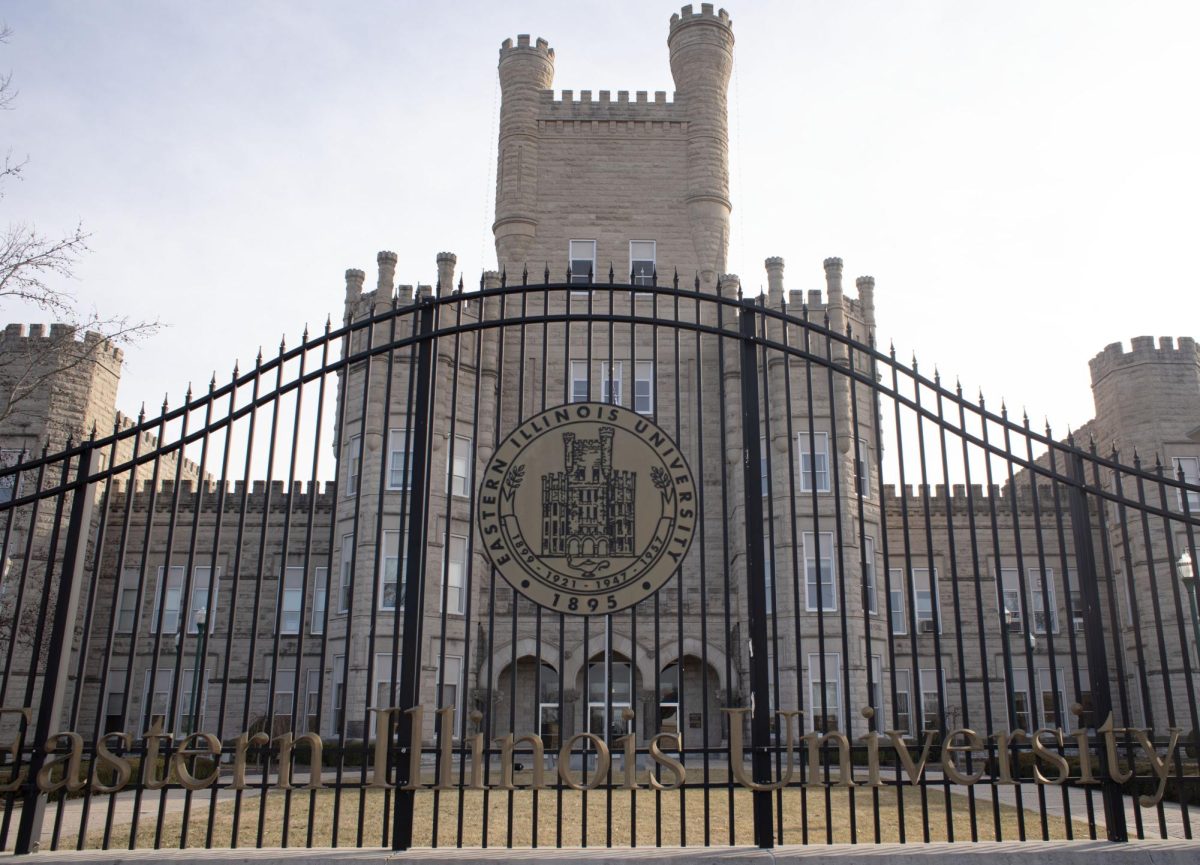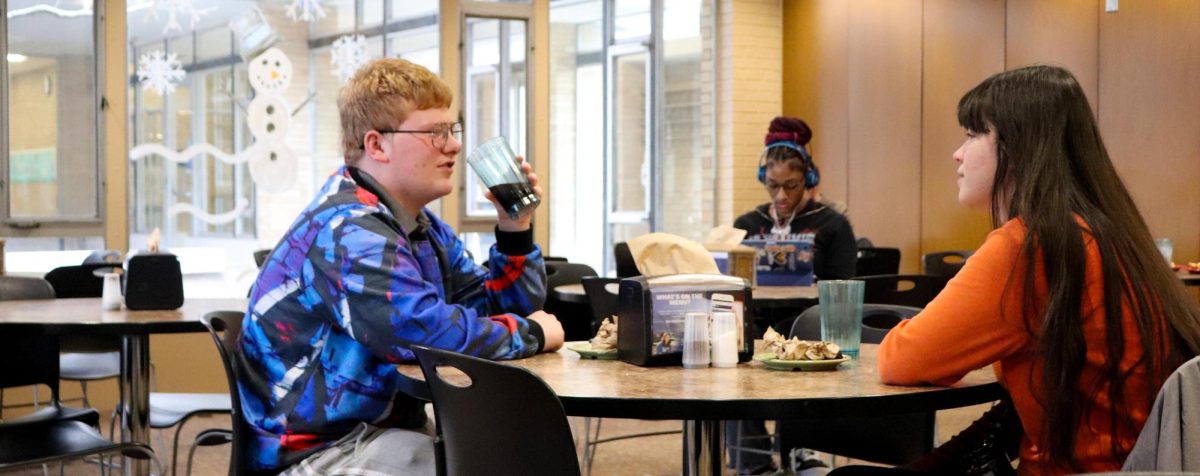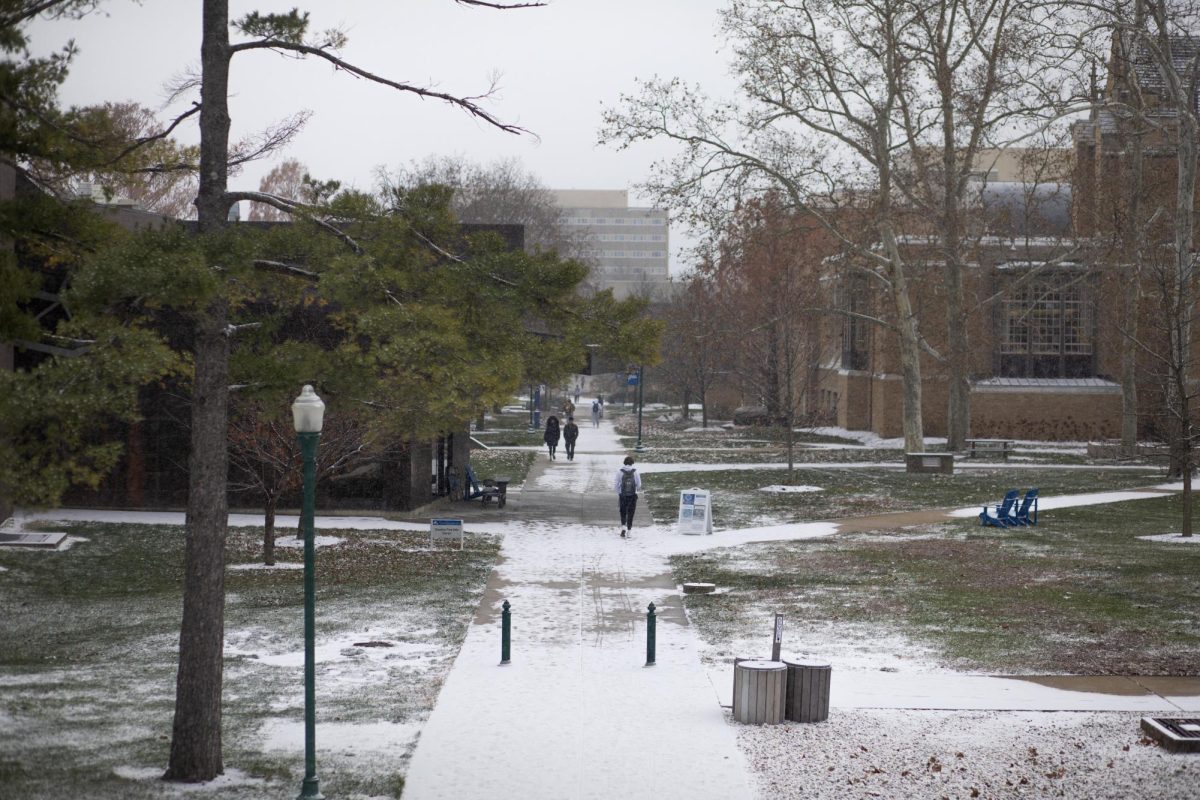Semicolon project teaches suicide awareness
September 18, 2019
The general rate of suicide in the U.S. hit a peak of 14 out of 100,000 standard population from the years 1999 to 2017, which is why organizations like the Semicolon Project exist.
The Semicolon Project is a suicide awareness nonprofit which uses the semicolon punctuation mark as a symbol for prevention.
Mikeala Carssow, a dietetics graduate student, said people sometimes get the semicolons tattooed on their wrists.
The often visible semicolon tattoo signals to others that the person bearing the mark is a safe source to speak with about suicide prevention.
She said it also sparks conversations among those who are unaware of the Semicolon Project.
“It’s mostly to kind of subtly raise awareness and support each other, and if you (explain the tattoo), that kind of just invites people to talk to you if they need help or want resources or want someone to listen,” Carssow said.
From 1999 to 2017, the suicide rate increased by 33 percent, according to the Centers for Disease Control and Prevention. Since 2008, suicide became the 10th leading cause of death for all ages in the U.S.; in 2016, suicide became the second leading cause for deaths of people ages 10 to 34 years old.
Asmita Saha, a clinical psychology graduate student and counselor at Eastern’s Counseling Clinic, said she thinks one potential reason younger people, including college students, are committing suicide at higher frequencies is because of a lack of support.
She said youth and college students need to have support systems in place; if things go wrong in their lives, they need friends and family to talk to. For a variety of reasons, she thinks young people are not feeling that support as much anymore.
“I just feel like people don’t talk about (their suicidal thoughts) just because they fear being judged by their friends,” Saha said.
With suicidal thoughts and mental health issues comes a social stigma as well, which can make it even more difficult to talk about it with friends, she said.
“They can’t talk to people around them, like their best friends, because they’ll think that they’re crazy,” Saha said.
The social stigmas surrounding mental health and suicide are prevalent, she said. The stigmas make people feel ashamed to know that they live with mental illness. If someone feels ashamed, they are less likely to ask for help.
When people wait so long to speak with anyone about their suicidal thoughts, they sometimes see professional help as their one and only option, she said.
However, many adults, let alone youth and college students, cannot afford professional help. So their suicidal thoughts are left to linger if they have no one else to talk to, Saha said.
Sami Boomgarden, a health promotion coordinator for the Health Education Resource Center, said she thinks society has become much more demanding of its people, youth and college students.
She said expectations are set at all-time highs, and people demand things to get done faster and faster as time goes on.
This can put a lot of pressure on a person to please, and stress does little but add on to unpleasant feelings.
Saha said people sometimes express passive or active ideations of suicide.
A passive ideation would be someone thinking about committing suicide, but not actually planning on going through with it. An active ideation would mean someone was seriously considering suicide and planning in advance, possibly by scheduling a time to die, buying materials for the suicide and organizing things to include in a suicide note, for example.
Saha said people with active ideations are much more likely to commit suicide.
Out of the 13 or 14 students Saha is helping at the Counseling Clinic, she said 8 or 9 of them have had passive ideations of suicide, and suicide is why they decide to visit the clinic. None of the students have had active ideations, she said.
Like the Semicolon Project, the Counseling Clinic is a resource for Eastern students struggling with suicidal thoughts.
Saha said the Counseling Clinic is absolutely free, so students can talk with counselors at no cost whatsoever.
Additionally, psychiatrists can prescribe students medications if they believe it is necessary; they charge $20 a session, Saha said.
Boomgarden said students can walk with their friends to the clinic to show support. Sometimes just recommending they go is not enough, she said.
The Eastern Counseling Clinic is located on the first floor of the Human Services Building and can be reached at 581-3413.
Logan Raschke can be reached at 581-2812 or at lrraschke@eiu.edu.

